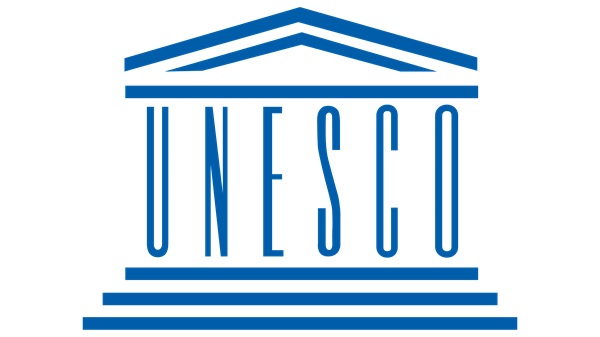
On Monday 28 October 2024, UNESCO World Heritage Cities programme classified "Luxembourg: old quarters and fortifications" among the 20 world "champions and leaders" of historic cities.
UNESCO recognises Luxembourg's strategy for socio-economic development while respecting heritage of outstanding universal value as exemplary. A 5-minute short film produced by the Ministry of Culture, Brand promotion, the City of Luxembourg and the Luxembourg Commission for Cooperation with UNESCO, under the auspices of World Heritage Cities, illustrates the implementation of the UNESCO recommendation on historic urban landscapes. This global recognition joins the approval granted by the World Heritage Committee, on 31 July 2024, of the periodic report on the management of "Luxembourg: old quarters and fortifications" for the period 2018 to 2023.
These recognitions are based on very specific requirements of the World Heritage Committee: legislative framework, resources, inclusion of local communities, management system / plan. According to the Ministry of Culture, UNESCO particularly appreciates the implementation of the "Historic Urban Landscape" recommendation which looks at the transverse management of heritage including its cultural, natural and intangible dimensions.
The Grand Duchy of Luxembourg has precise and modern legislation, both on the protection of cultural heritage (law of 25 February 2022, relating to cultural heritage) and on the environment (law of 18 July 2018 concerning the protection of nature and natural resources).
The general development plan of the City of Luxembourg is the key instrument for urban development and considers both the international protection perimeter of UNESCO as well as the communal protection zones and the classifications of national monuments.
The availability of resources and skills represents another key factor in international requirements. The National Institute for Architectural Heritage, the National Institute for Archaeological Research and the Directorate of the Architect of the City of Luxembourg have been solidly strengthened in terms of both human and financial resources. The Ministry of Culture has set up a world heritage management system that includes civil society. The Luxembourg City Tourist Office has a visitor’s management plan that complies with the requirements of the World Heritage Committee. The Luxembourg City Museum has set up a UNESCO Visitor Centre.
Awareness of world heritage has led to increased inclusion and digitalisation.
Finally, the proximity and close collaboration between state and communal parties allows for coordinated work, which is essential for successful management.








